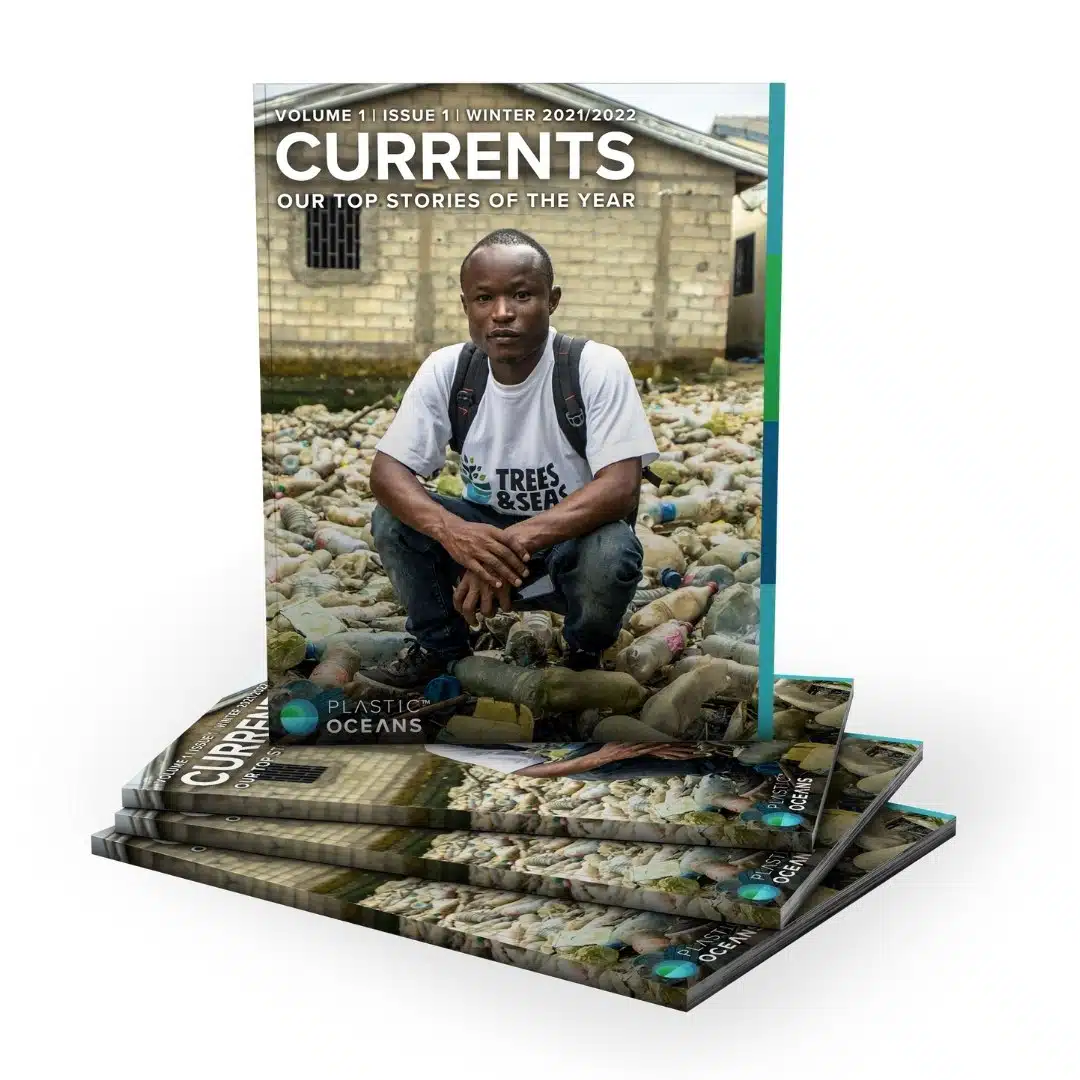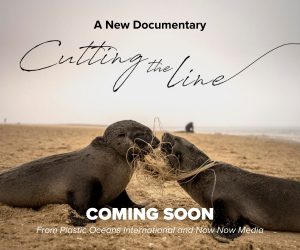Plastic Oceans International and Ninth Wave Global Continue to Grow Environmental Journalism Mentoring Program.
Environmental storytelling is in some ways both a very old as well as a very young medium. Every story ever told involves the environment in some way, but really the urgency of and challenges related to this kind of communication are also starkly fresh, reaching back perhaps no further than two generations.
Across the world, individuals and communities who were alive in the seventies and eighties will contextualize the massive biodiversity loss that they have experienced in their lifetimes, as well as the new ubiquity of global waste, now seen everywhere on earth.
Consequently, all too often, the environmental narrative today feels like we are living in end times; a period where we are faced by the climate apocalypse, a global pandemic, mass deforestation and wildfires, a crisis over clean water, the behemoth of plastic waste… etc etc … to the point of paralysis.
And therein is the real challenge of communicating the environment today: How do we free ourselves from the paradigm of crisis, and speak more broadly of future opportunity. Because – as with so much in life – perspective is key. Looked at another way, these seemingly insurmountable and existential problems could actually provide the human race with the greatest spur to getting things right in the future.
Crisis = opportunity.
As such, communicating about the environment needs to not simply be a matter of sharing information, but using stories to catalyze and engender future responses.
Remarkably, today, almost no-one is doing this.
This realization has driven us to respond. Now, Plastic Oceans International and the environmental journalism team at Ninth Wave Global have come together to argue this case, to tell these stories in these ways, and also – crucially – to identify, mentor and give opportunity to talented new voices in the field of environmental journalism.
Because as much as the stories we tell, we need to inspire new voices to tell them.
“At our core, we’re storytellers,” said Tod Hardin, Chief Operating Officer at Plastic Oceans. “We believe in the power of story – through the written word, spoken dialogue, and the moving picture – to inform, influence and inspire people and communities worldwide. Likewise, we believe that we can only achieve those goals through a diverse set of voices that are truly representative of the communities we want to reach.”
CLICK HERE TO LEARN MORE ABOUT THE MENTORING PROGRAM AND HOW TO APPLY
There are two groups we have identified as being key constituents in this program of work:
Firstly, and straightforwardly, the brightest and best young communicators we can find. The lighthouses of the future. Because any work done with these individuals now is an investment in future decades of communication.
Secondly, those voices who through no fault of their own have traditionally struggled to find a seat at the table: indigenous voices; LGBTQI voices; women; those differently abled – and so on. Our global society is composed of so many different people, and still the vast majority of noise is made by white males.
Which brings us to the fundamental truth in environmental storytelling: There can be no environmental justice without social justice.
All stories, in fact, must be socio-environmental if they are to be coherent, truthful and just.
This program began last year with over a dozen new writers, but this year we are aiming to take the work to a new level, and bring a really wide variety of these exciting new voices to you.
Hardin offered: “What’s clear is that this journalism program can help fill a void by providing an opportunity for those who deserve a voice … but more than that, whose voices we most need to hear.”
Stories produced through the environmental journalism mentoring program will be published weekly on the Plastic Oceans International website, quarterly in our new digital digest, Currents, and periodically with an eclectic mix of media partners throughout the world.
Stay tuned!
Jon Bonfiglio is a writer and broadcaster covering the environment and the Americas for a variety of media outlets. He is also Managing Editor of written content for Plastic Oceans International.


